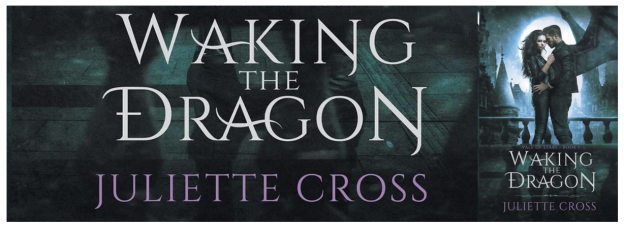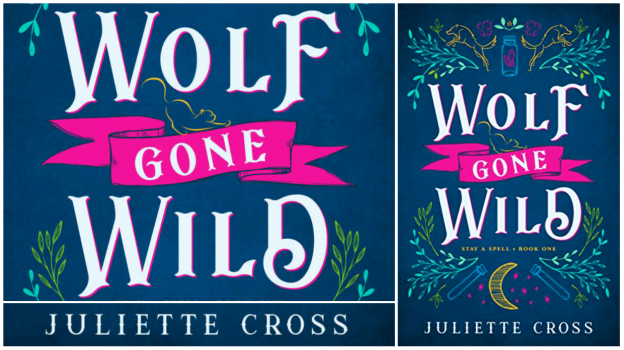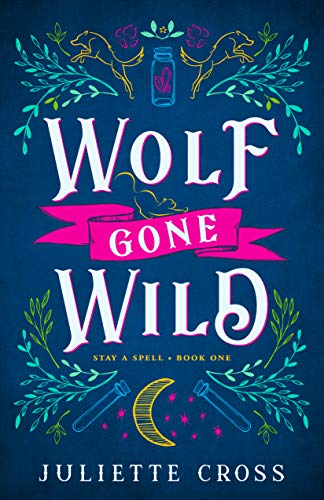I am not 100% sure, but I believe I bought my copy of Juliette Cross‘ Waking the Dragon during an online author signing event.
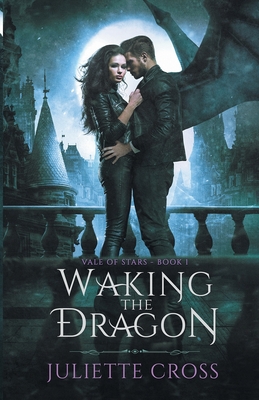
The Gladium Province is on the verge of civil unrest as humans and Morgons, the dragon-hybrid race, clash once more. But amid disorder can also arise passion.
When the bodies of three human women are discovered in Morgon territory—with the DNA of several Morgon men on the victims—it’s just a matter of time before civil unrest hits the Province. But for ambitious reporter Moira Cade, it’s more than just a story, and it may mean risking her own life.
Descending into the dark underworld of Morgon society, Moira is paired with Kol Moonring, Captain of the Morgon Guard, for her protection. Fiercely independent, Moira bristles at his dominance, and defies his will at every turn. Yet resistance proves futile when passion flares between them, awakening powerful emotions within both, body and soul. But as the killings continue, can their fiery newfound bond survive an even greater evil-one that threatens all of humanity, Morgonkind, and Moira’s very soul?…

Honestly, I wanted to like this a lot more than I did. I liked the idea of it, but there were just so many ways the author took an idea I liked in a direction that I didn’t like, that in the end, I finished the book feeling dissatisfied. But before I get into a litany of things I did not like, I’ll say the writing is fine. The book is perfectly readable. Most of this comes down to personal preference.
First, the female main character is an early twenties university student. She’s the editor of the SCHOOL NEWSPAPER, and for this newspaper, she is investigating a triple (plus) murder. Nothing in that works for me. The gravitas of essentially going undercover to catch a murderer “for the story” does not align with the abilities or expectations of a university journalism student. Honestly, everything about this would have worked better if Moira had been older and had been working a real job in which she was experienced and vested.
Second, this book is steeped in rape. There is no actual rape on-page, thank goodness. But the whole plot is about rape in a way that permieates every page. It just wasn’t necessary. I’m not talking trigger warnings or anything, because, again, no on-page rape. But I call such use of rape as a plot device the lowest of low hanging plot fruit. Which, to my mind, makes it LAZY PLOTTING. There are a million more interesting ways to put a female character in a position to depend on her male romantic lead.
Third, I don’t think the book would pass the Bechtel test. And if it does, it’s slimly. But more importantly, every woman who isn’t being set up to be a dragon mate eventually is vapid and unpleasant in all the ways women are so often poorly represented. There is no depth to them. This is the patriarchy’s version of women and borders on misogyny in its repetition (especially in books written for and by women).
Fourth, I don’t know Cross’s religious position, but I’d guess she is either a fundamentalist Christian, has internalized their worldview, or is writing to that market. Because this book is everything fundamentalists want represented in a relationship. You’ve got all the male headship (fathers, brothers, bosses, husbands, brother-in-laws) but no women in authority. These men hold all the power in every situation in the book, especially in the home, and all the women give deference to them. (Gracious submission, anyone?) Just about the most important decision a woman makes is the dinner menu (and she gets it wrong). The romance here is pretty much just Moira accepting Kol’s headship.
Now, I don’t read paranormal romance for the feminist takes, and can usually turn off my tendency to look at things through the critical lens of feminism. But this book is especially explicit in its anti-feminist leanings. Cross literally constructs Moira’s “feminist ideals”, “female stubbornness”, career dreams, etc, as a foil and impediment to a relationship. She has to choose. The reader is literally asked to consider (as Moira asks herself) if she hasn’t used her feminism to build a wall between herself and the possibility of love. Then, Moira states she doesn’t want her dream (career, independence, feminism, etc) anymore; Kol is the dream now. This is not a book that happens to fail a critical feminist critique. (So much of the romance genre does, and I still manage to enjoy it, even if I acknowledge it.) This is an anti-feminist book disguised as romance…or using romance to perpetuate its anti-feminist (maybe fundamentalist) agenda. That’s a big difference. And if the author didn’t do it on purpose, there are definite questions to be asked.
Fifth, the fact that the super-advanced human and Morgan law enforcement agencies (two of 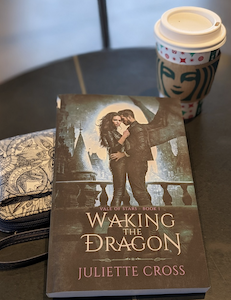 them) had to depend on an early 20s journalism student to solve the case is ridiculous in general. But I’d go along with it for the plot, except that they literally had all the information to solve the case without her involvement. Literally, the only way they could have not solved the case with the information they already had was to have not opened a case at all.
them) had to depend on an early 20s journalism student to solve the case is ridiculous in general. But I’d go along with it for the plot, except that they literally had all the information to solve the case without her involvement. Literally, the only way they could have not solved the case with the information they already had was to have not opened a case at all.
I could go on, but I don’t want to get more nitpicky than I am already being. This didn’t work for me for a myriad of reasons. But I’ll acknowledge that most of them are personal preferences, so experiences may vary.
Other Reviews:
ARC Review: Waking the Dragon (Vale of Stars #1) by Juliette Cross
